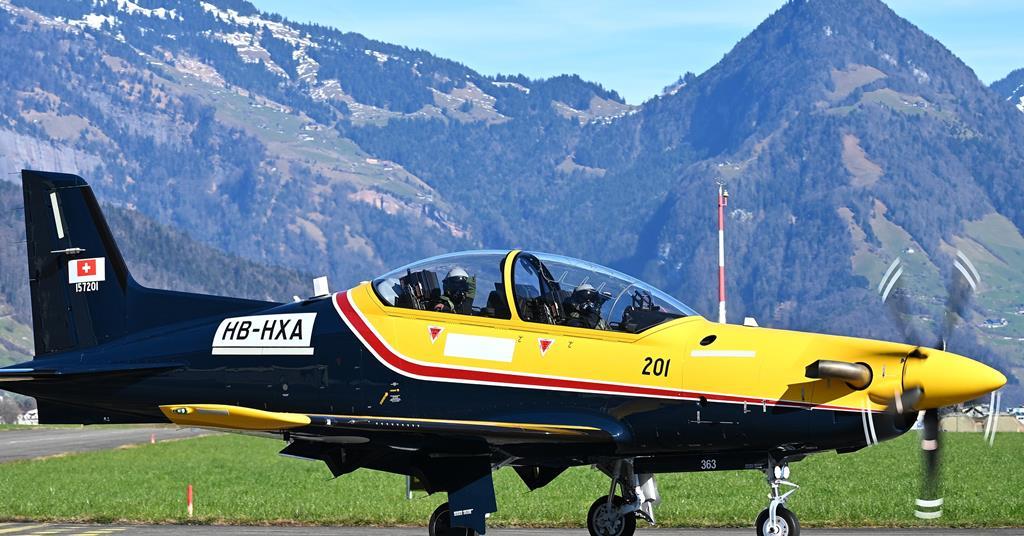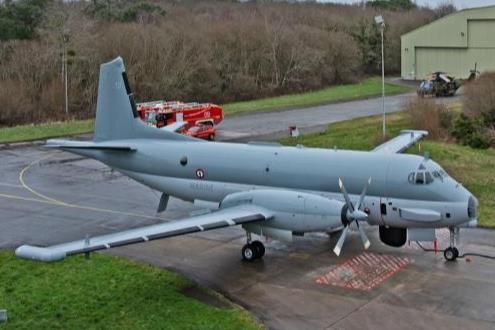German aviation association urges tax cut as carriers ‘avoid’ country’s airports
Company
Legal Links
Contact
- +44 7947 753363
- contact@skylineairporttransfers.co.uk
- 6 Walsall Street Bilston Wolverhampton WV14 0AT
Recent Posts
© Skyline Airport Transfers. Created by![]() Beaphoenix WebDesign ltd
Beaphoenix WebDesign ltd
Popular Locations:
Birmingham: Aston, Bournville, Edgbaston, Erdington, Great Barr, Hall Green, Handsworth, Harborne, Northfield, Quinton, Soho, Sutton Coldfield, Amblecote, Brierley Hill, Coseley, Cradley, Gornal, Halesowen, Kingswinford, Lye, Netherton, Sedgley, Stourbridge, Quarry Bank, Bearwood, Blackheath, Cradley Heath, Great Bridge, Old Hill, Rowley Regis, Smethwick, Tipton, Tividale, Wednesbury, West Bromwich, Balsall Common, Bickenhill, Castle Bromwich, Chelmsley Wood, Dorridge, Elmdon, Hampton in Arden, Kingshurst, Knowle, Marston Green, Meriden, Monkspath, Hockley Heath, Shirley, Aldridge, Birchills, Bloxwich, Brownhills, Darlaston, Leamore, Palfrey, Pelsall, Pheasey, Shelfield, Streetly, Willenhall, Bilston, Blakenhall, Bushbury, Compton, Ettingshall, Heath Town, Oxley, Penn, Tettenhall, Wednesfield, Burntwood, Lichfield, Cannock, Rugeley, KIDDERMINSTER, Brierly Hill,
STOURPORT-ON-SEVERN
Coventry: Allesley, Binley, Keresley, Stoke, Tile Hill
Leicester: Abbey Rise, Ashton Green, Aylestone, Beaumont Leys, Bede Island, Belgrave, Blackfriars, Braunstone, Braunstone Frith, Bradgate Heights, Clarendon Park, Crown Hills, Dane Hills, Evington, Evington Valley, Eyres Monsell, Frog Island, Goodwood, Hamilton, Highfields, Horston Hill, Humberstone, Humberstone Garden, Kirby Frith, Knighton, Mowmacre Hill, Netherhall, Newfoundpool, New Parks, North Evington, Northfields, Rowlatts Hill, Rowley Fields, Rushey Mead, Saffron, Southfields, South Knighton, Spinney Hills, Stocking Farm, Stoneygate, St. Matthew’s, St. Mark’s, St. Peters, Thurnby Lodge, West End, West Knighton, Western Park, Woodgate
Derby: Matlock, Ripley, Ashbourne, ILKESTON, SWADLINCOTE , BURTON-ON-TRENT, BAKEWELL,
ALFRETON, BELPER, HEANOR
Telford: Market Drayton, Newport, Shifnal, Broseley, Much Wenlock
Stoke: Stoke-on-Trent, Newcastle, Leek, Uttoxeter, Stone, Stafford
Worcester: Worcester, Droitwich, Pershore, Broadway, Evesham, Malvern, Tenbury Wells
Gloucester: Gloucester, Cheltenham, Stroud, Cirencester, Tewkesbury, Badminton, Berkeley, Blakeney, Chipping Campden, Cinderford, Coleford, Drybrook, Dursley, Dymock, Fairford, Lechlade, Longhope, LydbrookLydney, Mitcheldean, Moreton-in-Marsh, Newent, Newnham, Ruardean, Stonehouse, Tetbury, Westbury-on-Severn, Wotton-under-Edge.
Nottingham: Nottingham, Sutton-in-Ashfield, Mansfield, Newark, Southwell, Grantham, Sleaford
Leicester: Leicester, Hinckley, Loughborough, Melton Mowbray, Oakham Market, Harborough, Lutterworth, Wigston, Ashby-de-la-Zouch, Ibstock, Markfield
Oxford: Oxford, Kidlington, Chipping Norton, Thame, Wallingford, Didcot, Wantage, Abingdon, Banbury, Carterton, Woodstock, Bicester, Witney, Chinnor, Watlington
Chester: Chester, Deeside, Bagillt, Buckley, Holywell, Birkenhead, Preston, Wallasey, Wirral, Neston, Ellesmere Port, Prenton
Airports we serve:
BHX: Birmingham Airport
EMA: East Midlands Airport
LHR: London Heathrow Airport
MAN: Manchester Airport
LGW: London Gatwick Airport
LTN: London Luton Airport
SOU: Southampton Airport
BRS: Bristol Airport
LPL: Liverpool John Lennon Airport
LCY: London City Airport
STN: London Stansted Airport



German airline representatives are claiming that point-to-point carriers have not restored their fleets stationed in the country to pre-pandemic levels, and that recovery has stagnated over government-imposed costs.
The German aviation association BDL states that the number of aircraft stationed in Germany by European point-to-point operators is down by 30% – from 190 to 130 – in the six years since 2019, just prior to the onset of the Covid-19 pandemic.
BDL says carriers are “avoiding” Germany and the fleet relocation amounts not only to lost connectivity but also a depletion of the economy.
“Every aircraft stationed in Germany is equivalent to a medium-sized company,” it says, claiming that equates to some 170 jobs and €70 million in gross domestic product contribution.
BDL adds that the situation is also reflected in German airport performance.
Frankfurt airport recorded passenger figures of 61.6 million last year, down 12.7% on 2019, while Munich’s total of 41.6 million was 13.1% lower.
The operator of Frankfurt airport, Fraport, has similarly attributed the weakened recovery to “high state-regulated site costs…namely, air traffic tax”.
BDL says the first six months of this year have not indicated any improvement. It states that the recovery “virtually came to a standstill” over the first half, as a result of the “excessive” costs – while air traffic in other European countries is, on average, “significantly” above pre-pandemic levels.
“We are seeing the consequences at almost every airport in Germany,” says BDL president Jens Bischof. “Airlines are withdrawing their aircraft and deploying them in other European countries with competitive cost levels.
“In view of this alarming development, it is essential that the federal government prioritises the crisis facing Germany as a location for air transport.”
Bischof insists the tax of around €35 ($41) per passenger “must” be halved to alleviate the burden.
“By deciding against urgently-needed relief…the German federal government would be squandering an important opportunity for new economic growth,” he adds.
Analysis from BDL indicates that the annual number of flights between Germany and other European countries, around 1.1 million, is 20% below pre-pandemic levels, while domestic traffic was also “significantly weaker” – just under half of 2019 figures, including feeder flights to Frankfurt and Munich.
Source link
Share This:
skylinesmecher
Plan the perfect NYC Memorial Day weekend
Pack only what you need and avoid overpacking to streamline the check-in and security screening…
LA’s worst traffic areas and how to avoid them
Consider using alternative routes, such as Sepulveda Boulevard, which runs parallel to the 405 in…
Canada’s first Pilatus PC-21 Siskin II trainer enters flight-testing in Switzerland
Pilatus has completed the first flight of a PC-21 trainer produced for the Royal Canadian…
French navy receives final upgraded ATL-2 maritime patrol aircraft
France has completed a major upgrade to its navy-operated fleet of Dassault-Breguet ATL-2 maritime patrol…
BK 160 crashed into lake during upset-recovery training but cause remains elusive
Dutch investigators have been unable to determine conclusively why a Blackshape BK 160 descended rapidly…
Ex-GTLK Europe 777-300ERs sold for engine and spares recovery
Joint liquidators of the Russian-linked leasing firm GTLK Europe have sold three Boeing 777-300ERs to…
BAE Systems expands UAS technology pact with US partner Survice Engineering
BAE Systems’ FalconWorks unit is to expand its collaboration with US partner Survice Engineering, after…
Modified LMS-901 Baikal prototype carries out maiden flight
Russian airframer UZGA has started test flights with the latest prototype LMS-901 Baikal utility aircraft,…
GTF shop visits continue to drive commercial maitnenance revenues at MTU
MTU Aero Engines is expecting continuing strong demand for powerplant maintenance, with the persisting Pratt…
Fraudulent UK spares firm generated nearly £7m from unapproved CFM56 parts
UK fraud investigators have disclosed that a small company generated £6.9 million ($9.3 million) in…
UK’s Jet2 completes winglet retrofit on 737-800 fleet
UK leisure carrier Jet2 has completed a winglet retrofit on its Boeing 737-800 fleet, a…
Angara An-24 crew muted terrain-warning system before fatal ground collision
Russian investigators have disclosed that the crew of an Angara Airlines Antonov An-24 muted the…